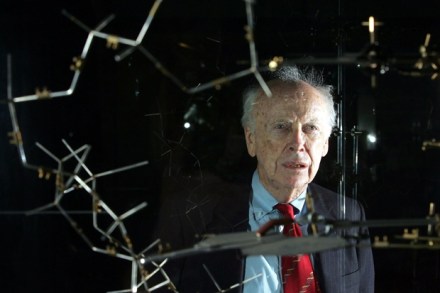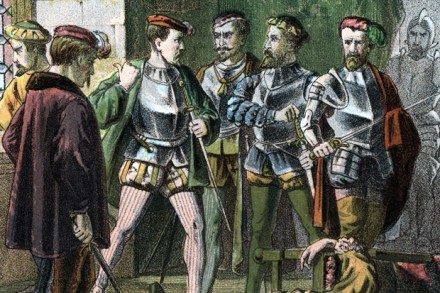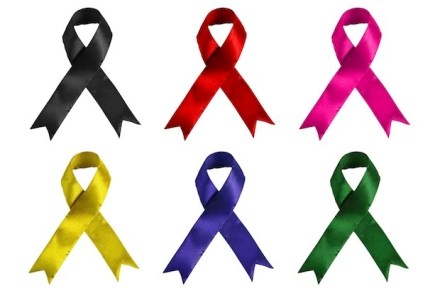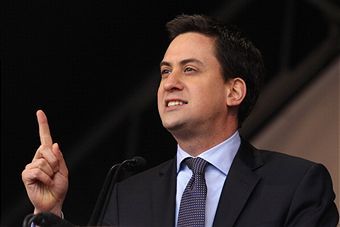The utterly ludicrous and petty campaign against Ched Evans
A new name to help us welcome in the new year: Jean Hatchet. A name which is almost certainly too good to be true for a perpetually infuriated radical feminist — much as, say, Roz Termagant or Betty Hitler would be. It is a pseudonym, apparently. Ms Hatchet — I assume that is the title she would prefer, although Mx is catching on quite quickly — is the woman behind the petitions to prevent the footballer and convicted rapist Ched Evans from earning a living from his trade. The first petition was got up when Evans began training with his former club, Sheffield United — who quickly washed their hands of him as











